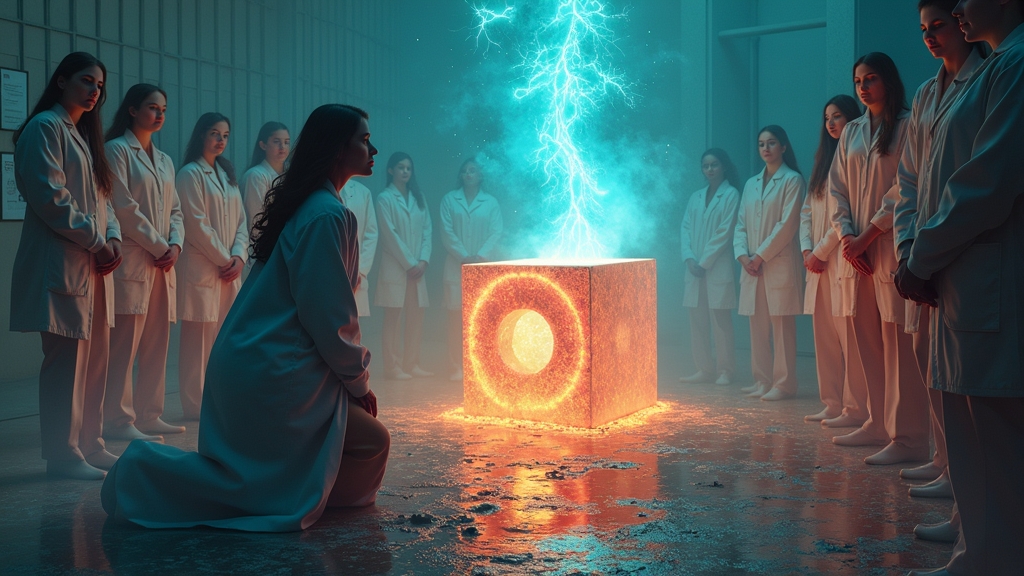Google Launches Gemini 2.0, Tech Bros Pretend to Understand It
In what can only be described as a desperate attempt to stay relevant, Google has unleashed its latest AI model lineup, Gemini 2.0, because, apparently, 1.5 just wasn’t good enough. The new release includes the “Pro Experimental” model, which is likely so “experimental” that even Google isn’t sure what it does, as well as a “budget-friendly” version called Flash-Lite, for broke tech enthusiasts who still need their daily dose of AI hallucinations.
“Gemini 2.0 Pro features a 2 million token context window,” said a Google spokesperson, who then had to explain for the fifteenth time that no, it does not mean the AI can actually think. The Pro model also reportedly “excels” at coding, which is shocking, considering the last Google AI release tried to terminate itself when asked to generate a “Hello, World” program.
But the real showstopper is the so-called “Flash Thinking Experimental” reasoning model, now freely available to all app users. Yes, Google is handing out high-powered experimental reasoning to the masses, because history has shown that giving cutting-edge tech to the general public has never gone wrong.
Meanwhile, tech nerds have flooded Twitter, sorry, “X,” with mind-blowing screenshots of Gemini 2.0 solving logic puzzles, completely ignoring how it confidently claimed that 2+2 equals 5 just last week. “This is game-changing,” tweeted one excited user, moments before asking ChatGPT to summarize the Gemini 2.0 release because they didn’t actually read it.
Naturally, OpenAI is also making headlines, teasing ominous plans for AI-integrated hardware. Their latest trademark filings hint at everything from smart wearables to what sounds suspiciously like humanoid assistants. Because if there’s one thing modern society needs, it’s Siri with arms and an existential crisis. CEO Sam Altman continues to hint at a future “AI-first phone,” which definitely won’t be used to simply give people even more ways to ignore phone calls.
In response to all the tech chaos, skeptics and non-believers—also known as “normal people”—are quietly questioning whether any of this truly improves their lives, or if it’s all just another reason for tech executives to sip champagne while the rest of us panic over AI-generated election ads. Either way, Google’s December hype train is still chugging along, though it may be running on fumes… and mild delusion.





